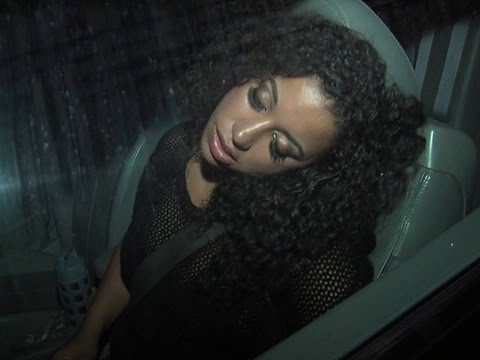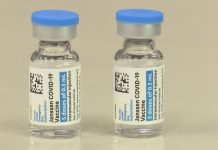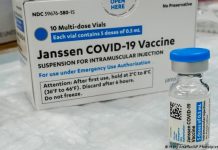
Drowsiness is “a feeling of being sleepy or lethargic” can be detected through a blood test, says a new studies. In view of high rate of accidents caused by sleep-driving, scientists have developed a blood test that can detect if a person is sleep deprived. This advancement will help prevent car crash caused mostly by sleep-driving or drowsiness often suffered by drivers.
To conduct this finding, the University of Surrey, UK led by one Derk-Jan Dijk called upon 36 participants and asked them to skip one night of sleep.The participants blood samples were taken during this sleep-deprivation and changes in the expression levels of thousands of genes were also measured.
A machine learning algorithm that could detect whether a sample was from a sleep-deprived or well-rested individual identified a subset of 68 genes and with 92 per cent accuracy. Hence, as per this machine, the researchers concluded that this discovery will pave the way for a future test to see if a driver was sleep deprived.
The hazards posed by drowsiness to physical and mental health:
“We all know that insufficient sleep poses a significant risk to our physical and mental health, particularly over a period of time,” said Emma Laing, a senior lecturer at the University of Surrey.
“However, it is difficult to independently assess how much sleep a person has had, making it difficult for the police to know if drivers were fit to drive, or for employers to know if staff are fit for work,” said Laing.
The blood test: The first step to identifying drowsiness
“Identifying these biomarkers is the first step to developing a test which can accurately calculate how much sleep an individual has had,” said Simon Archer, a professor at the University of Surre.
“The very existence of such biomarkers in the blood after only a period of 24-hour wakefulness shows the physiological impact a lack of sleep can have on our body,” he said.
“This is a test for acute total sleep loss; the next step is to identify biomarkers for chronic insufficient sleep, which we know to be associated with adverse health outcomes,” said Dijk.
Before this recent finding, previous researchers had also conducted a study on sleep-deprivation and how it causes car crash. This new finding showed the correlation between sleep-deprivation and car crash. But they also found that drivers who get just one to two hours less than the recommended sleep in a 24-hour period nearly double their risk for car crash.













